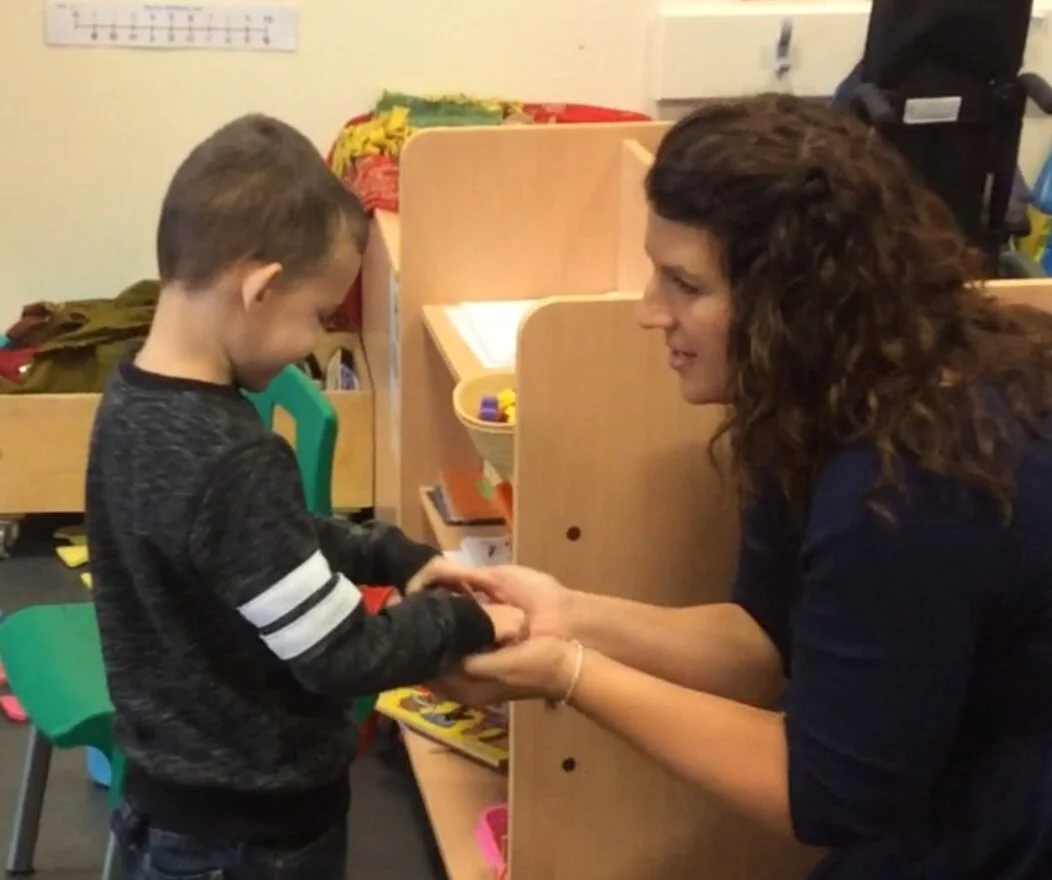To have empathy is to see and understand that all of person’s behaviour is an attempt to meet their needs. Rather than judging a person through the lens of what we think is wrong or right, empathising is to understand what a person is going through and know that unmet needs are the cause.
Mindfulness and RBC Part 4: Beginner's Mind
While non-judging is the attitude we take to our habit of discriminating based on how we value things, beginner's mind is how we deal with the habit of creating expectations based on our past experience and how we then let our thinking and beliefs about what we 'know' prevent us from seeing things as they really are.
Mindfulness and RBC Part 3: Trust
Rapport-Based Communication practice begins with a basic trust in yourself, your practice and your communication partner. Without a basic trust or confidence in yourself and your ability it may is difficult build trust with your partner because you may seem unsure or lack the confidence to be able to provide a stable and reassuring presence.
Mindfulness and RBC Part 2: Patience
Our partners in Rapport-Based Communication are much like butterflies emerging from a chrysalis (or a chick from an egg) in that their social skills can only develop at their own pace. Of course we can help to create the conditions for natural social engagement by making ourselves socially available (and the more we do this the more opportunities there will be for development) but ultimately we must wait for our partner to choose to be with us rather than instruct him or her to do something when we want them to.
Mindfulness and RBC Part 1: Non-Judging
Mindfulness is an evidence-based approach that is accepted and taught across the UK by organisations such as the NHS. To become more mindful is to become more aware of the present moment, seeing things more as they actually with less habitual judgement and opinion. This is a very useful skill in rapport-based communication practice.





